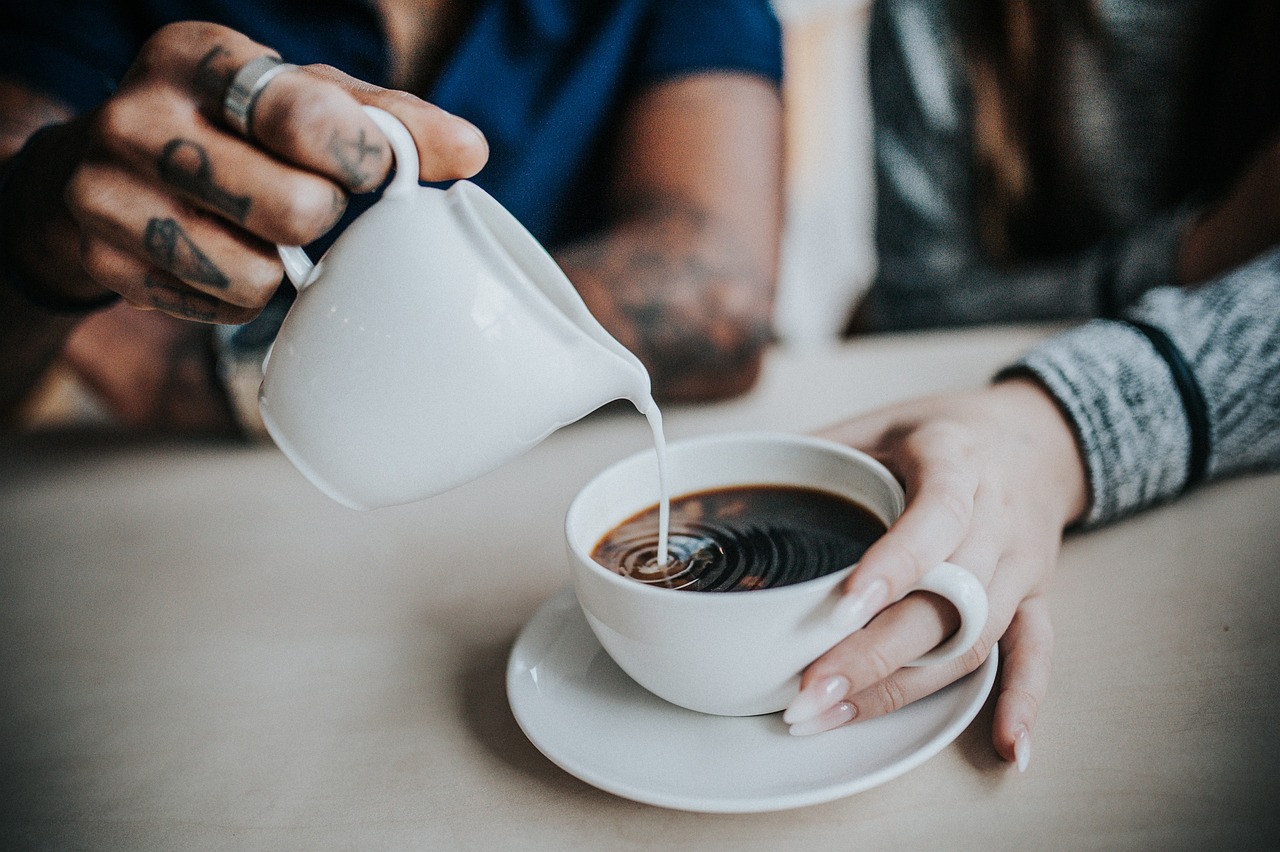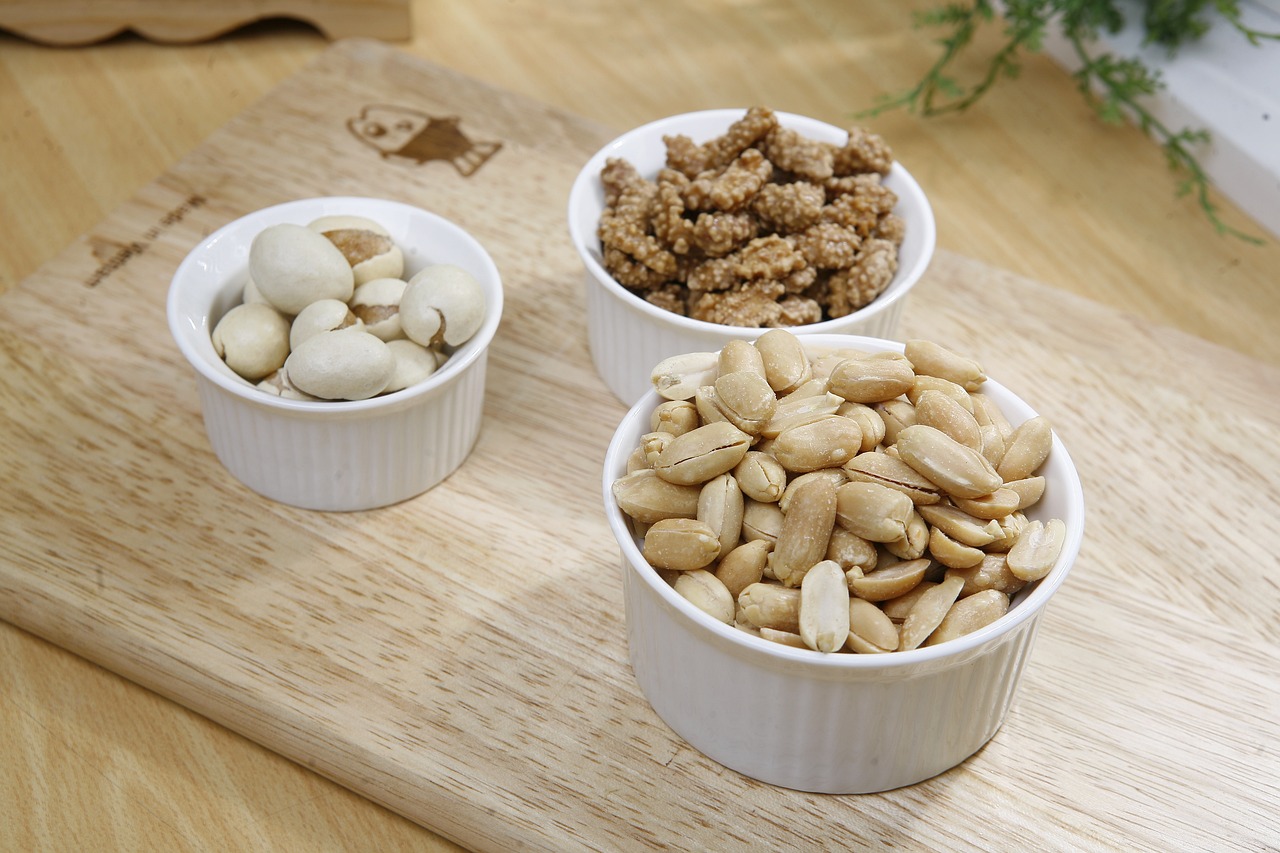How the feeling of looking good affects well-being in elderly care homes
This article is written from a Swedish perspective. Hopefully, it can inspire interested parties from other countries.
Feeling attractive and well-cared for is a significant aspect of well-being, especially for those living in elder care homes. This is more than just a matter of appearance; it's about self-respect, dignity, and mental health. As a caregiver, you can support the residents in feeling attractive, and this can impact their overall well-being.
 Bild: Pixabay
Bild: PixabayThe feeling of looking good: An important factor for well-being in nursing homes
Feeling good and well-cared for is a significant aspect of well-being, especially for those living in nursing homes. This is more than just a matter of appearance; it's about self-respect, dignity, and mental health. Here we explore how care staff can support residents in feeling good about themselves and how this can impact their overall well-being.
For many people, and perhaps especially many women, the choice of clothing is something they put thought into. Even things like caring for their hair, painting their nails, applying a bit of lipstick can be important for well-being. Being able to choose clothes, look at oneself in the mirror and adjust one's appearance if not satisfied.
Can one get help with removing embarrassing hair growth, nasal hair, ear hair and long strands growing on the neck. Many older gentlemen get wrinkled skin and it can take some effort to remove all beard hairs.
I have seen nursing homes that offer beauty salons on certain Fridays, perhaps with a glass of wine, conversation and some quiet music. A nursing home in Kungsbacka recently chose to convert an empty room into a beauty salon. There are nursing homes that have created a SPA department from the common bath.
As we get older, our hair becomes noticeably thinner, changes texture, and turns gray. The graying of hair is the most obvious sign of aging. The reason is that biological changes in the body affect the hair follicle, which no longer produces the natural pigment melanin into the hair fibers. At the age of 35, the hair begins to lose its pigment and turns gray. The hair also becomes coarser and more difficult to manage. Over the years, the scalp also becomes drier due to reduced production of sebum and lipids. The biggest change is that the hair becomes thinner and we get fewer hair strands. This also means that the hair becomes weaker and the hair strands more easily damaged.
Hair care also affects how damaged the hair becomes. Hairdryers and straighteners damage the hair, as do weather and wind.
Self-esteem and dignity
Maintained self-respect: Being assisted with personal care and feeling well-cared for can strengthen the self-esteem of the residents. It can help them maintain a sense of self-respect and dignity, which is crucial for their mental health and quality of life.
Positive self-image: When residents feel good, it can contribute to a more positive self-image. This can reduce feelings of isolation and depression, which can otherwise be common among older people living in nursing homes.
Social interaction and community
Increased social interaction: Feeling good can encourage residents to participate in social activities and events at the nursing home. When they feel confident in their appearance, they are more likely to interact with others, which can lead to increased social community and reduced loneliness.
Stronger relationships: By encouraging and supporting residents in taking care of their appearance, staff can help strengthen the relationships between residents and their relatives. A well-cared-for appearance can also make it easier for residents to receive visitors and participate in family activities.
Mental health and well-being
Reduced stress and anxiety: Feeling good and well-cared for can help reduce stress and anxiety. A daily routine that includes personal care can have a calming effect and provide structure in everyday life.
Increased self-confidence: A well-cared-for appearance can increase the self-confidence of the residents. This can lead to them feeling more comfortable and confident in different situations, which in turn can improve their overall well-being.
Practical strategies for care staff
Regular care routines: Create and maintain regular routines for personal care, including hygiene, hair care, nail care, and clothing choice. This helps residents feel fresh and good every day.
Personalized care: Adapt care routines to each individual's wishes and needs. Some may want help with makeup or shaving, while others prefer to wear their favorite clothes. By respecting the residents' personal preferences, staff can contribute to their sense of dignity and self-determination.
Create a comfortable environment: Ensure that the environment in which personal care takes place is calm and pleasant. A comfortable environment can make the care moments a positive experience for the residents.
Include family and relatives
Collaboration with relatives: Involve family members and relatives in the care, if appropriate. This can create a sense of community and support, and it can also help the residents feel more attractive and cared for.
Encourage self-care: Encourage residents to participate in their own care as much as possible. This can include simple tasks such as choosing clothes, brushing hair, or moisturizing skin. Being involved in one's own care can strengthen self-esteem and the sense of independence.
Hair care can often be carried out at the residence. Many units now have special rooms where beauty care is carried out. Often a hairdresser comes regularly and offers haircuts. Those who wish to keep their previous hairdresser can go there with transportation service.
It can be a good way to keep in touch with the society outside the residence. The staff can sometimes also put up hair on rollers in connection with a shower. For one's own self-esteem, it can be important to feel attractive. For many, it is important to be able to take care of their hair and skin. It should be clear in the implementation plan how the resident wants their hair and skin cared for and what the resident needs help with.
By placing great emphasis on residents feeling good and well-cared for, care staff can contribute to improving their quality of life and well-being. This is an important part of holistic and person-centered care that puts the individual's needs and wishes at the center.
Reflection - Feeling good
Care staff:
- What do you do to involve the elderly in choosing clothes, hair care, etc.?
- Do those living in the nursing home get to choose their clothes themselves?
- How do we handle bibs in the dining room?
- Does the individual sit with a messy bib for a long time after the meal?
- Is it possible to get a tasteful makeup, painted nails, and styled hair?
Manager, nurse, occupational therapist, and physiotherapist:
- What do you do at your residence?
- What conditions are given for the hairdresser?
- Would there be conditions to furnish a beauty salon or a SPA?
- Is it possible to buy some wine occasionally and socialize under slightly more festive circumstances?
- Do you plan so that the nursing assistants can run a temporary beauty salon with that little extra on a Friday afternoon for the weekend?
Residents and relatives:
- Does your relative usually dress well-cared for?
- Does hygiene and hair care work well?
- Does your relative have the products needed to be able to take care of their hair as they wish?
Erland Olsson
Specialist Nurse
Sofrosyne - better care every day

Aktuellt i media
-
2025-04-14 04:00
08 Förebyggande o lokaler
The art of furnishing a nursing home, a balancing act between homeliness, functionality, and hygiene aspects.
info -
2025-04-10 04:00
04 Bemötande
Waking up in a nursing home - is the morning routine adapted to each individual's needs?
info Bild: Pixabay
Bild: Pixabay -
2025-04-07 04:00
09 Mat och måltid
For the elderly, it is often important to eat many snacks in order to get enough nutrition.
info Bild: Pixabay
Bild: Pixabay -
2025-04-03 04:00
04 Bemötande
What creates safety in elderly care homes - advice and tips on creating a secure environment for the residents
info -
2025-04-01 00:00
10 Aktivitet o funktionsbevarande arbetssätt
Reminiscing, working with memories, is an activity that creates a lot of added value for people with dementia.
info - 2025-03-31 04:00 05 Planering

